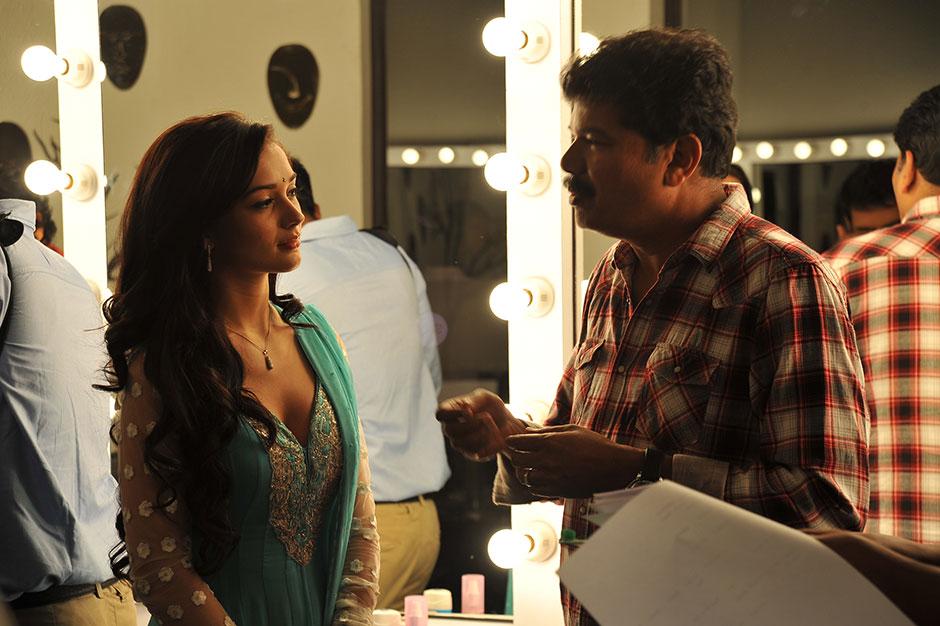The Tamil films that were released on this Diwali have been a primary topic of discourse ever since their announcements. Firstly, there was a lot of chatter about the lack of star-powered movies. It was followed by the celebration of Bison’s successful run on the silver screen and the surprising social message from Pradeep Ranganathan’s Dude (It’s a matter of discussion for another occasion).
On the one hand, director Mari Selvaraj was showered with praise worldwide for the masterful art he presented to the Tamil diaspora. The film not only sincerely portrayed Kabaddi icon Manathi Ganeshan’s life on screen but also made a conscious effort to create meaningful conversations in a society that has constantly witnessed bloodshed because of caste-related injustice.
On the other hand, the ace filmmaker had something peculiar to deal with. It was the skin tone politics. A few ‘progressive’ voices in the social media realm wanted political correctness in Mari Selvaraj’s films. Mind you, it wasn’t about his stand on the caste issues. In fact, he is a rare gem whose films were openly appreciated by the common for their inclusive nature. This time, they had issues with the skin tone of the artists.

One of the voices even went on to say that Mari had stripped away the reality in the portrayal of the marginalized community for casting fair-skinned women as leads in his films. After a fair share of debate and circulation on the internet, the question ultimately reached the man himself. During a fan interaction, this question was fired at him. The 41-year-old director, who is known for his intellectual responses, did slip up this time. He said, “It’s about the choices… If there’s a character about a physically challenged person, we cannot get a physically challenged person to act in the film. We cannot trouble them. Acting and art involve a lot of people. It’s about recreating that.”
It was indeed a questionable response, comparing disability with skin tone. Anyway, Mari didn’t hide after this blunder. During the Bison success meet, he apologized for the tongue slip and said, “We choose people based on the extent they are willing to go for the role. They are putting their heart and soul into it.” Moreover, he also added that he is ready to fix it if this is what they expect from him.
Along with that, he added a passive remark about how it has always been either him or Pa. Ranjith, who is expected to be politically right. It sounded like a dig at the dry-faced progressives, who are hungry for brownie points. Well, we cannot blame him; no one asked why director Shankar cast Amy Jackson, a British star, as a Chennai girl in I. At least not with the same intensity.

All the noise only led me to one question: Is it really necessary to call out a director on skin complexion politics, who is talking about the country’s most predominant issue, caste related social injustice?
For the first time in the Tamil film industry, a director from a marginalised community was able to create a meaningful conversation, documenting his pain, despair, and struggle. What did he get in return? It was all shrugged off for skin complexion politics, and he was made to apologize. It’s not only silly but also dilutes the caste-related conversations that the film raised.

